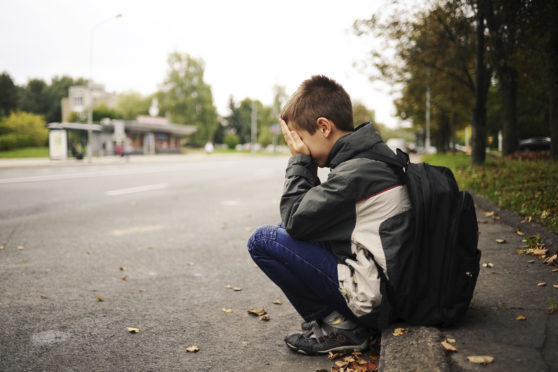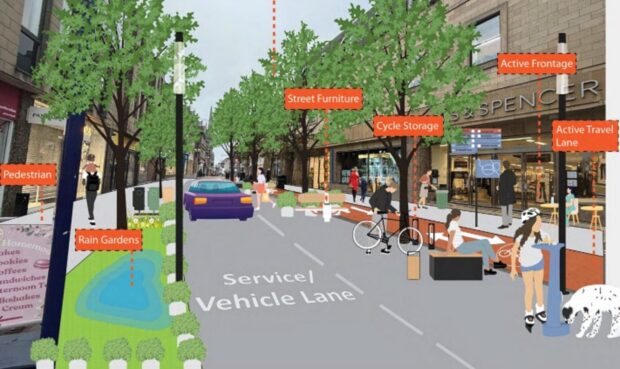Children from low income households are missing school or face bullying because of a lack of money for clothes and food.
An extensive survey by Fife Council has found the cost of the school day is having a negative impact on pupils living in poverty.
Many youngsters are suffering from stress, anxiety, embarrassment and a sense of being judged due to what they wear and eat and because they are unable to take part in school trips and activities.
The research involved 106 schools and nurseries, 200 parents and 100 pupils.
The findings have provoked concern among the region’s politicians and anti-poverty campaigners, who said children were at risk of feeling excluded and unhappy because of the pressure school costs were putting on low income families.
Further work is now being done by Fife’s education service and the Child Poverty Group to raise awareness of the impact of poverty and cut stigma.
Education officer Sarah Else said: “The cost of school experiences such as what you wear, what you eat, the classes you attend, the after school club and the school trip can have an unintended negative impact on the experience that some of our young people have.
“As family finances come under increasing pressure, taking action to minimise costs and maximise opportunities from low income households could yield enormous dividends for our children and young people.”
Around 90% of parents who responded found it difficult to afford a school blazer and pupils indicated some children would not attend school if they did not have uniform as they would get into trouble from teachers and be made fun of by other pupils.
Some secondary school children are not eating at lunchtime because the free school meal allowance does not cover the cost of food or they prefer to be with friends who eat off campus.
More than a third of parents were unhappy with the cost of school trips, which can add up to more than £1,000 for just one child over the school career.
Fundraising days which require pupils to dress up or down were also a concern with some pupils not attending school on those days due to not having the correct clothes.
Ms Else said pupils and parents were generally appreciative of the work schools did for them but she added: “Pre-emptively poverty-proofing policies and practices would protect all children from disadvantage and stigma rather than waiting to deal with the consequences.”










